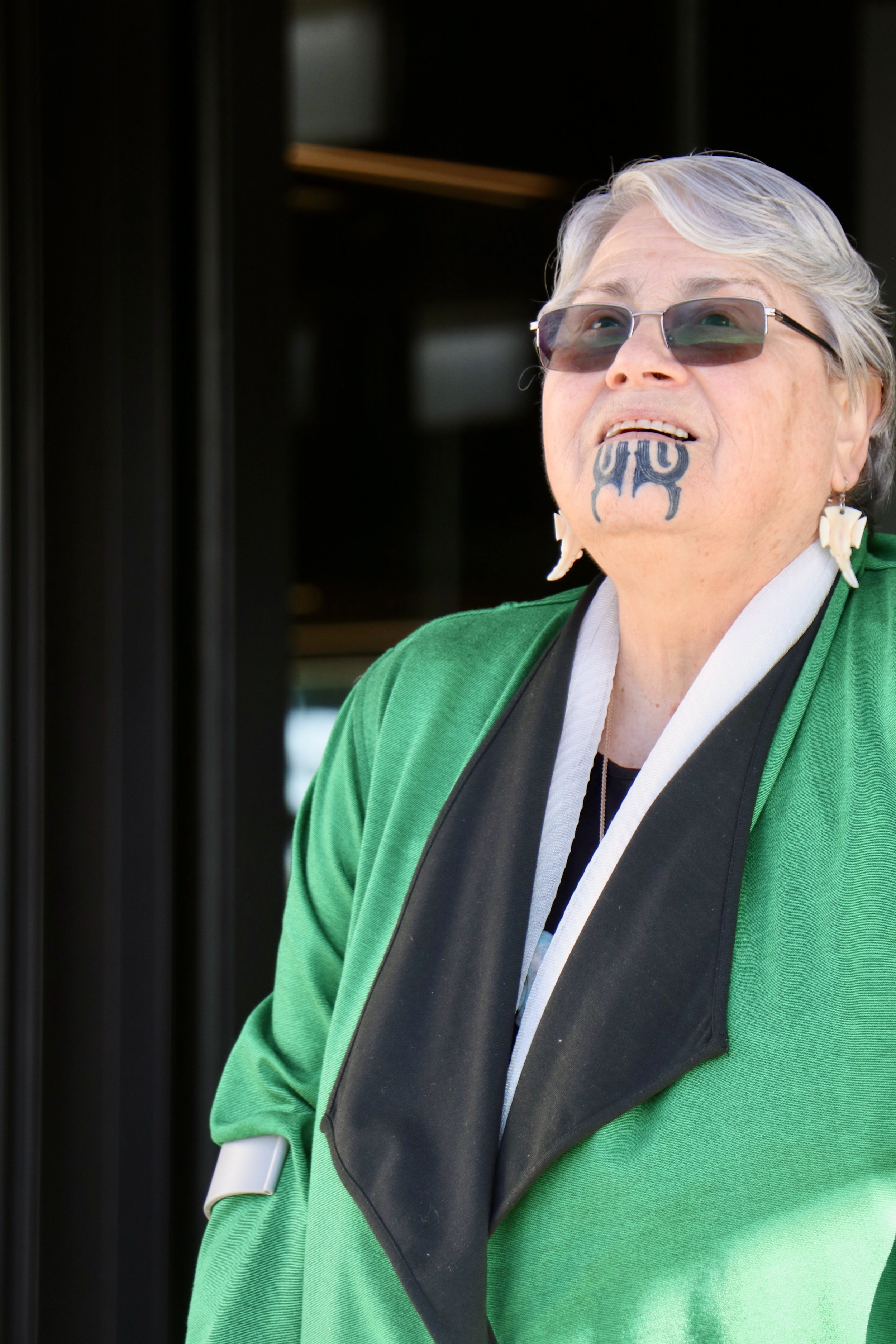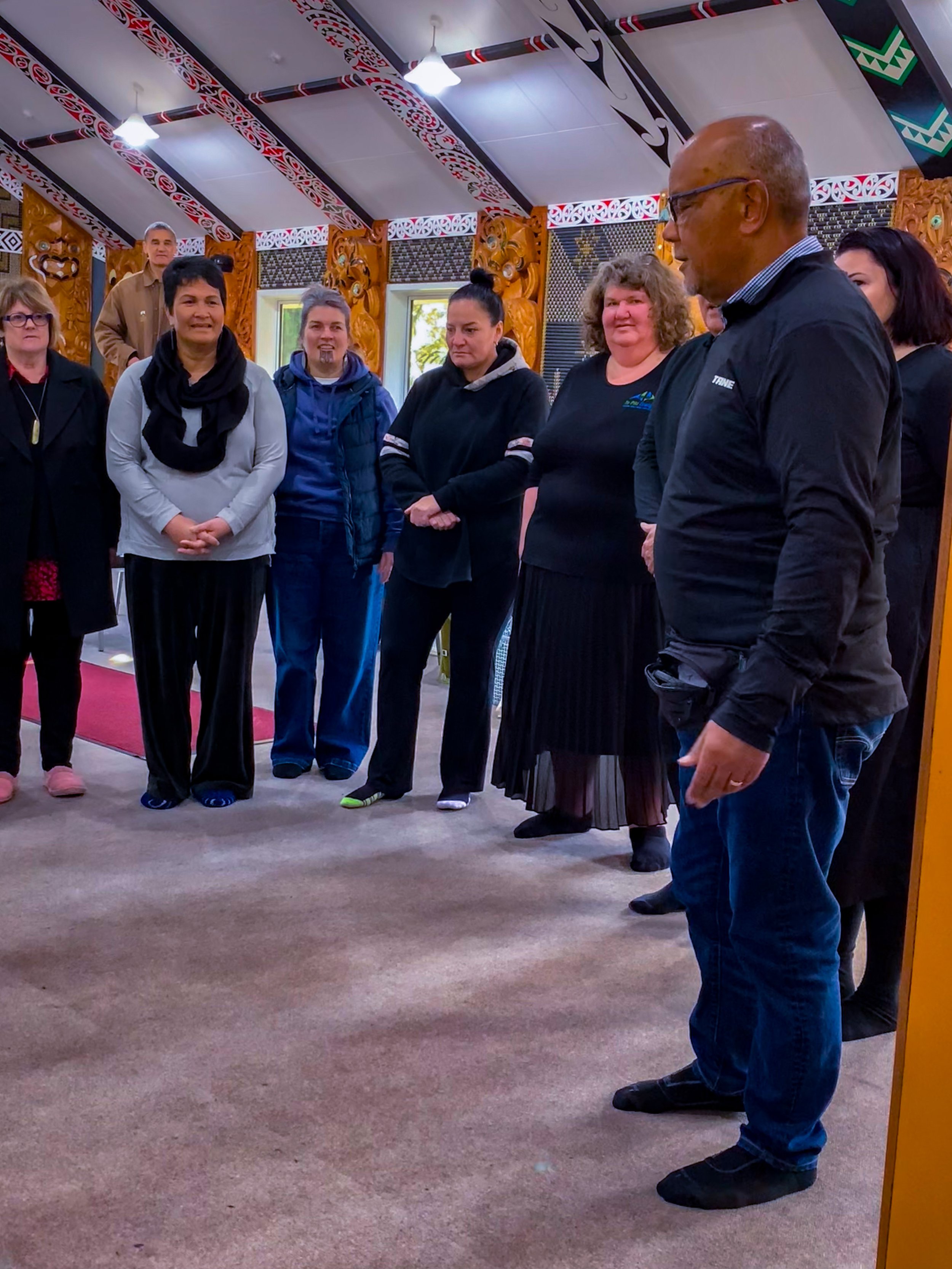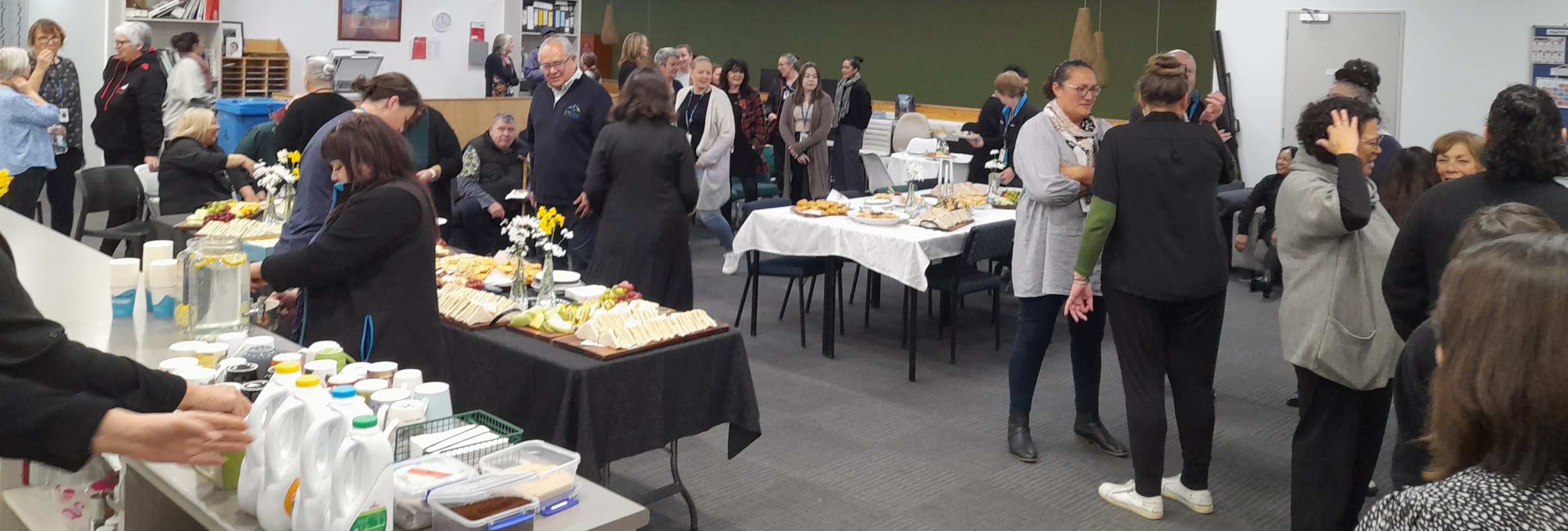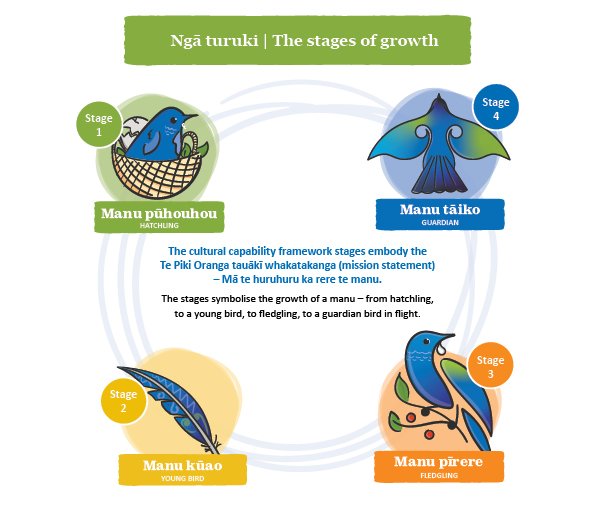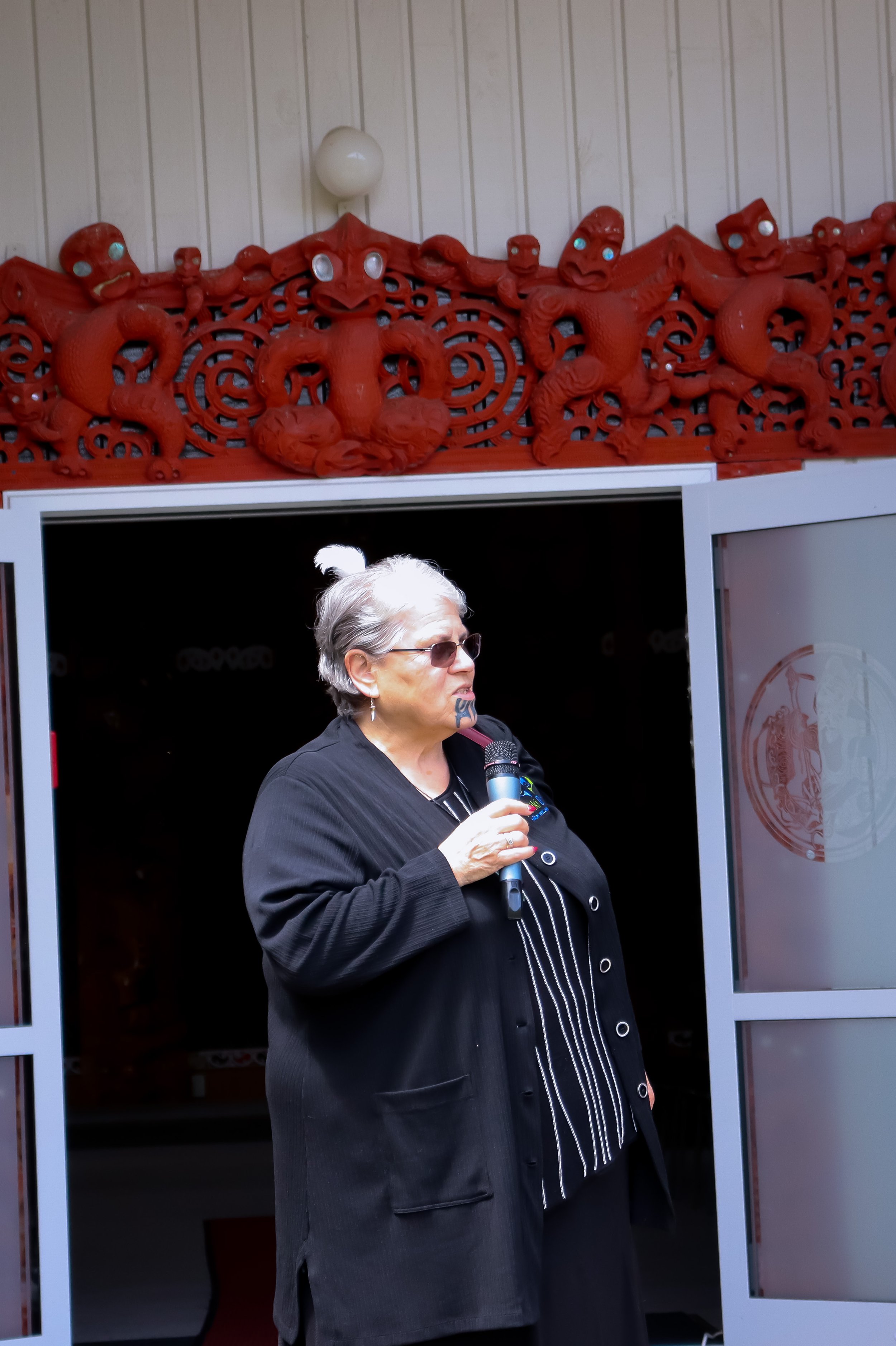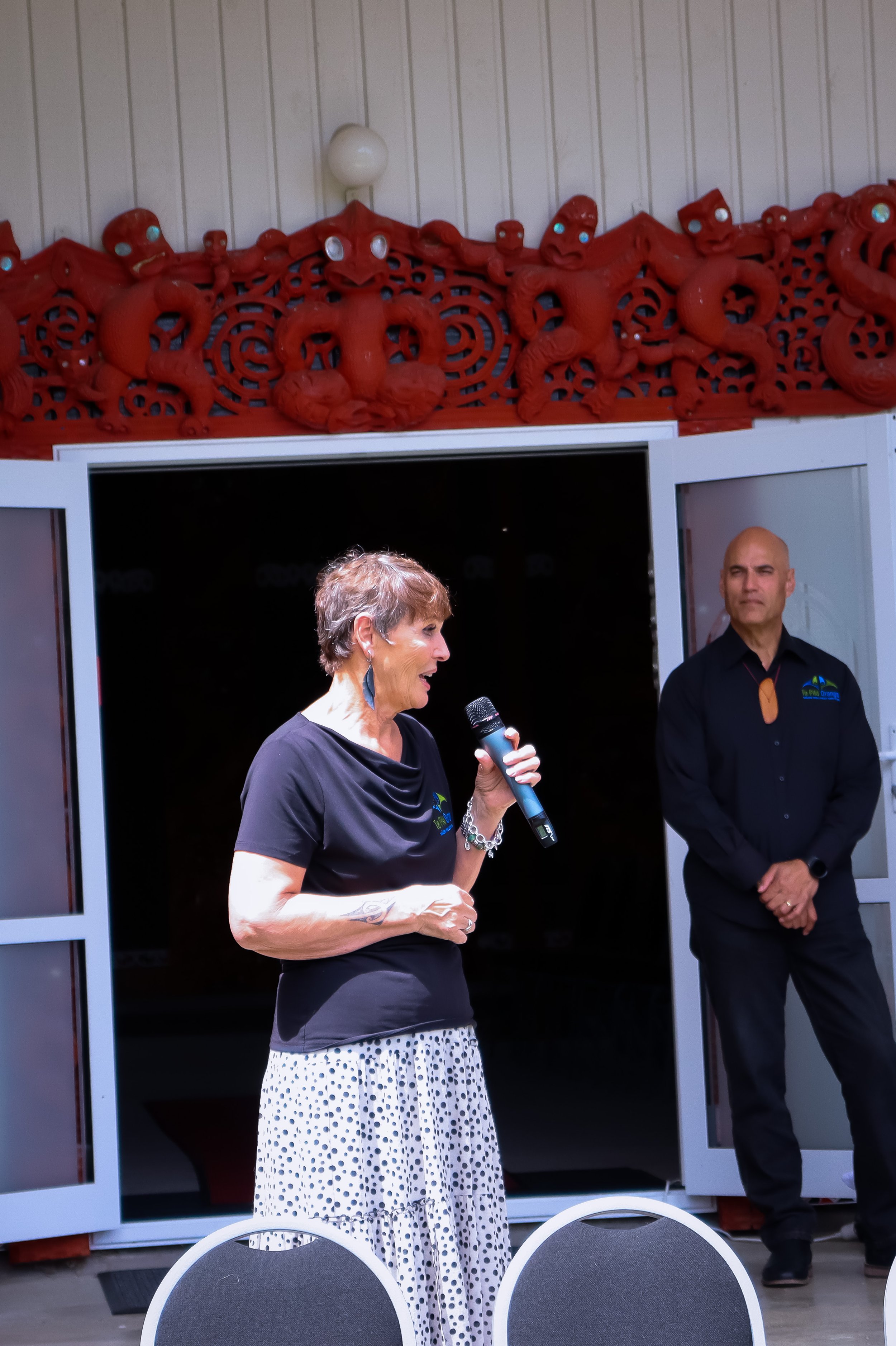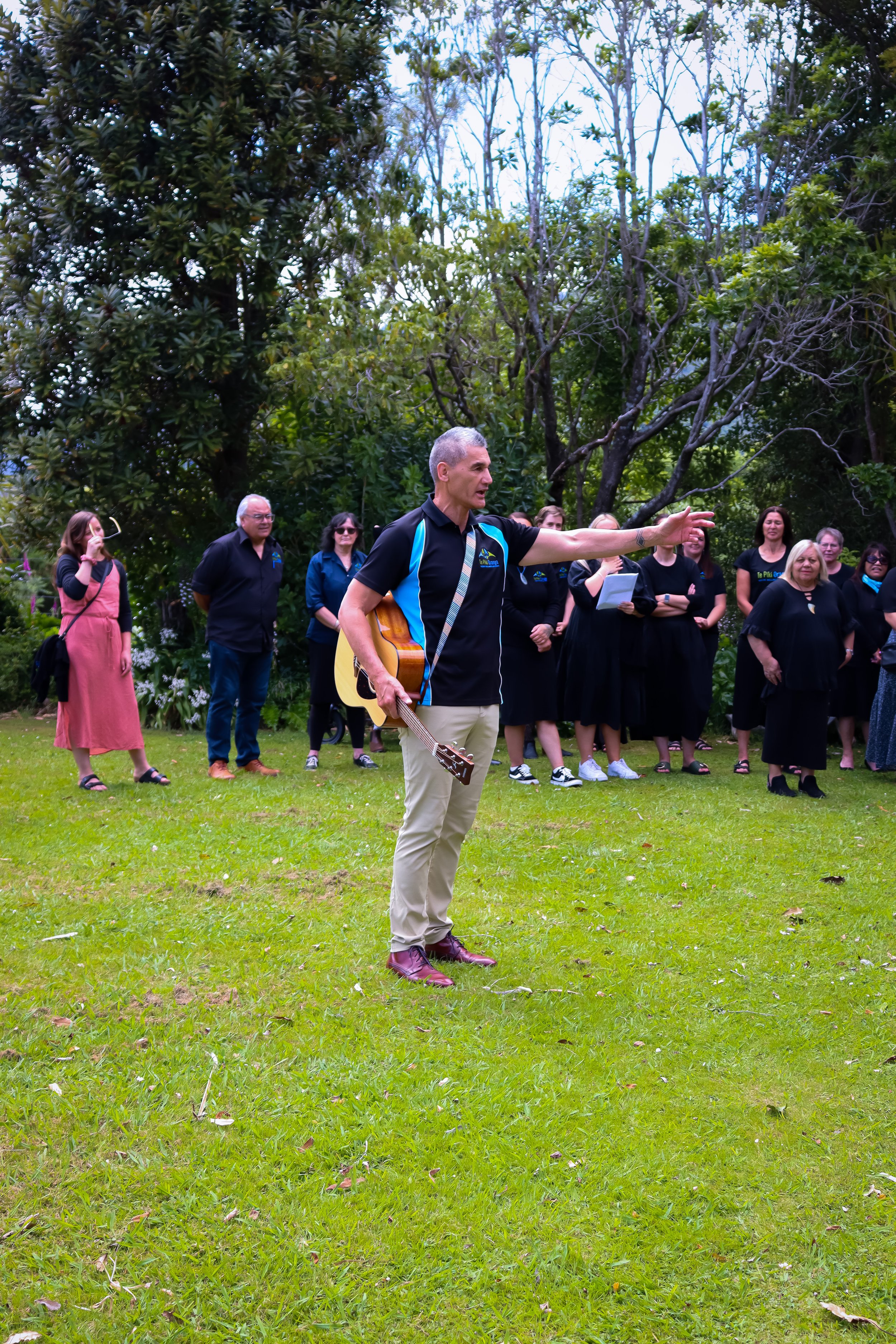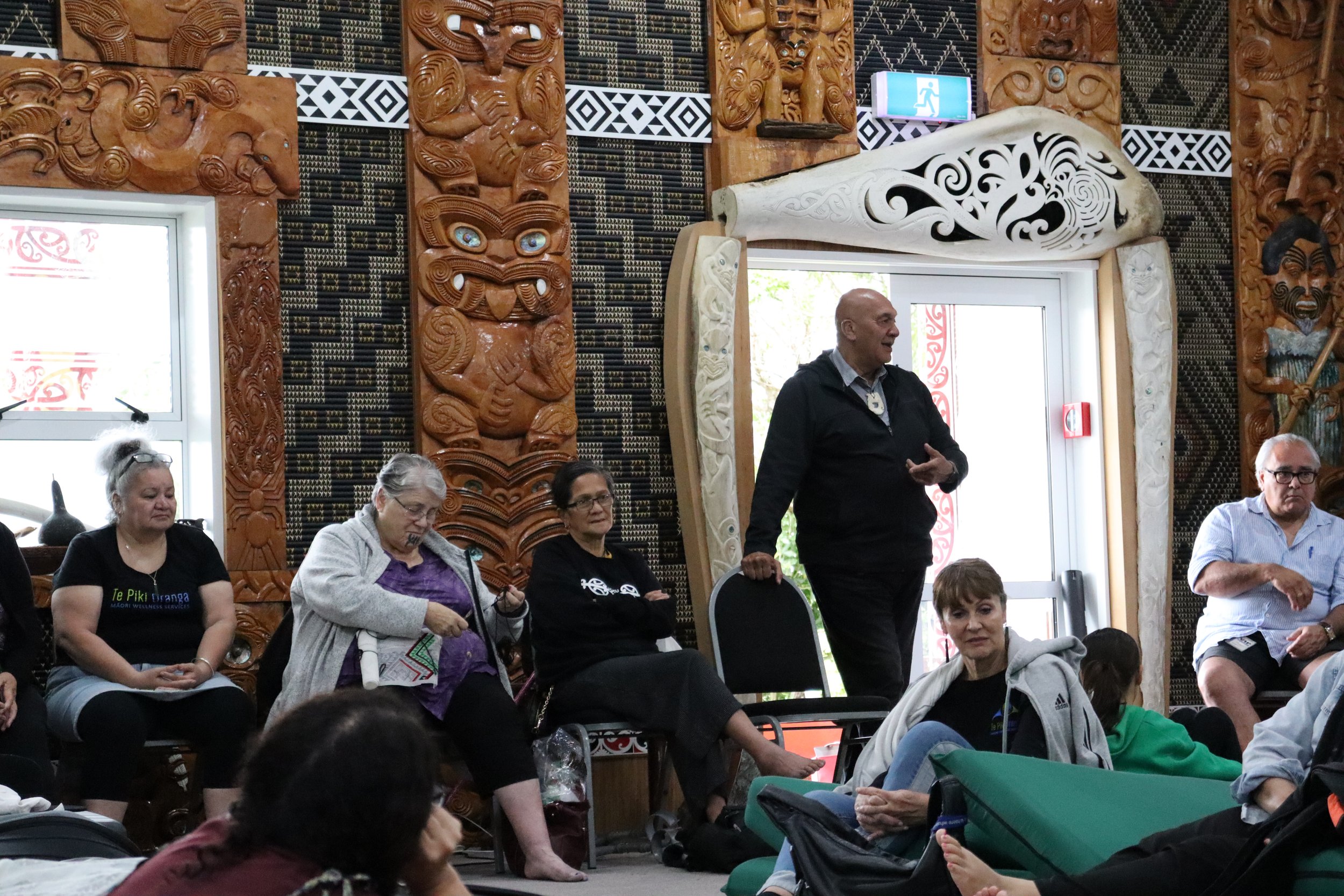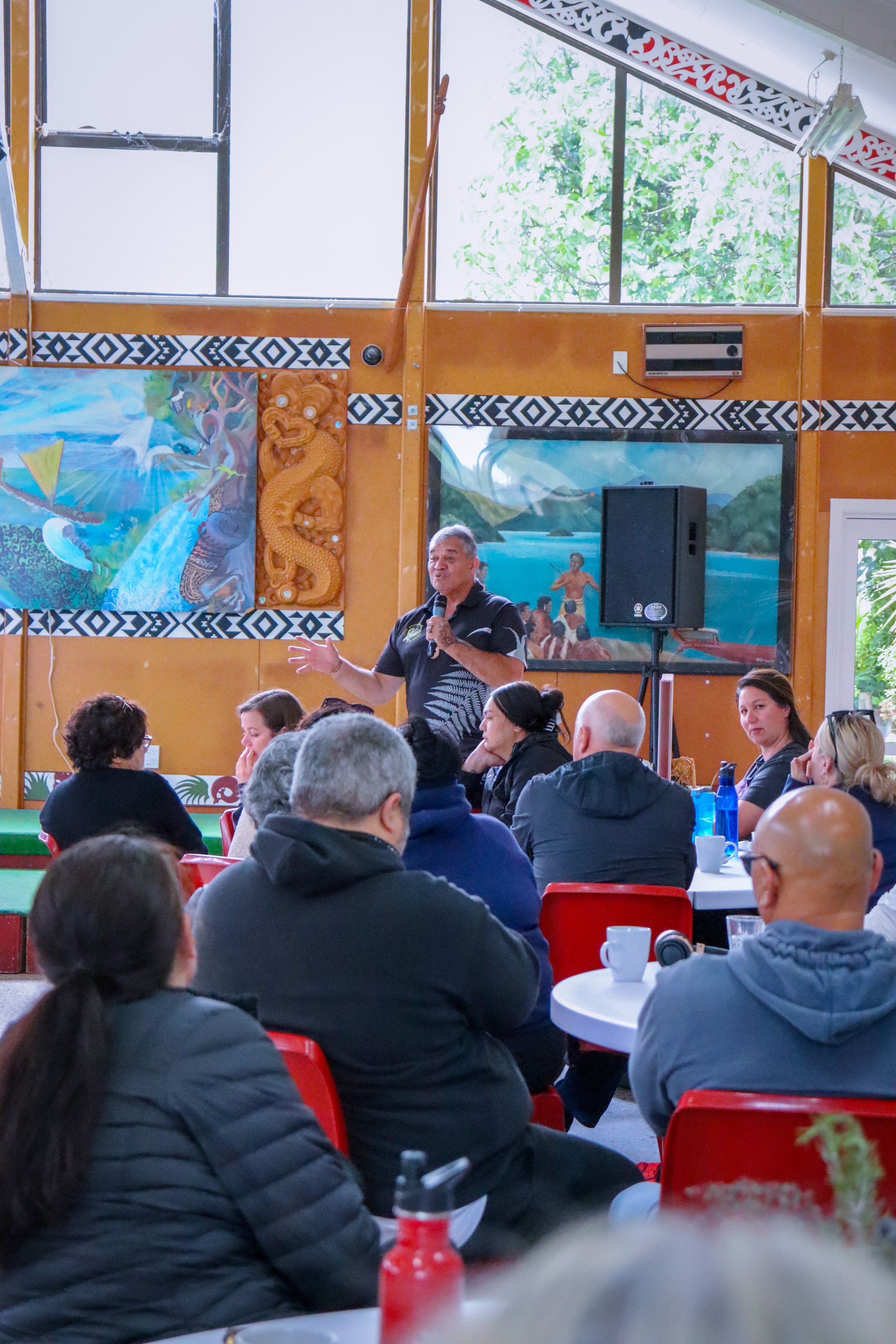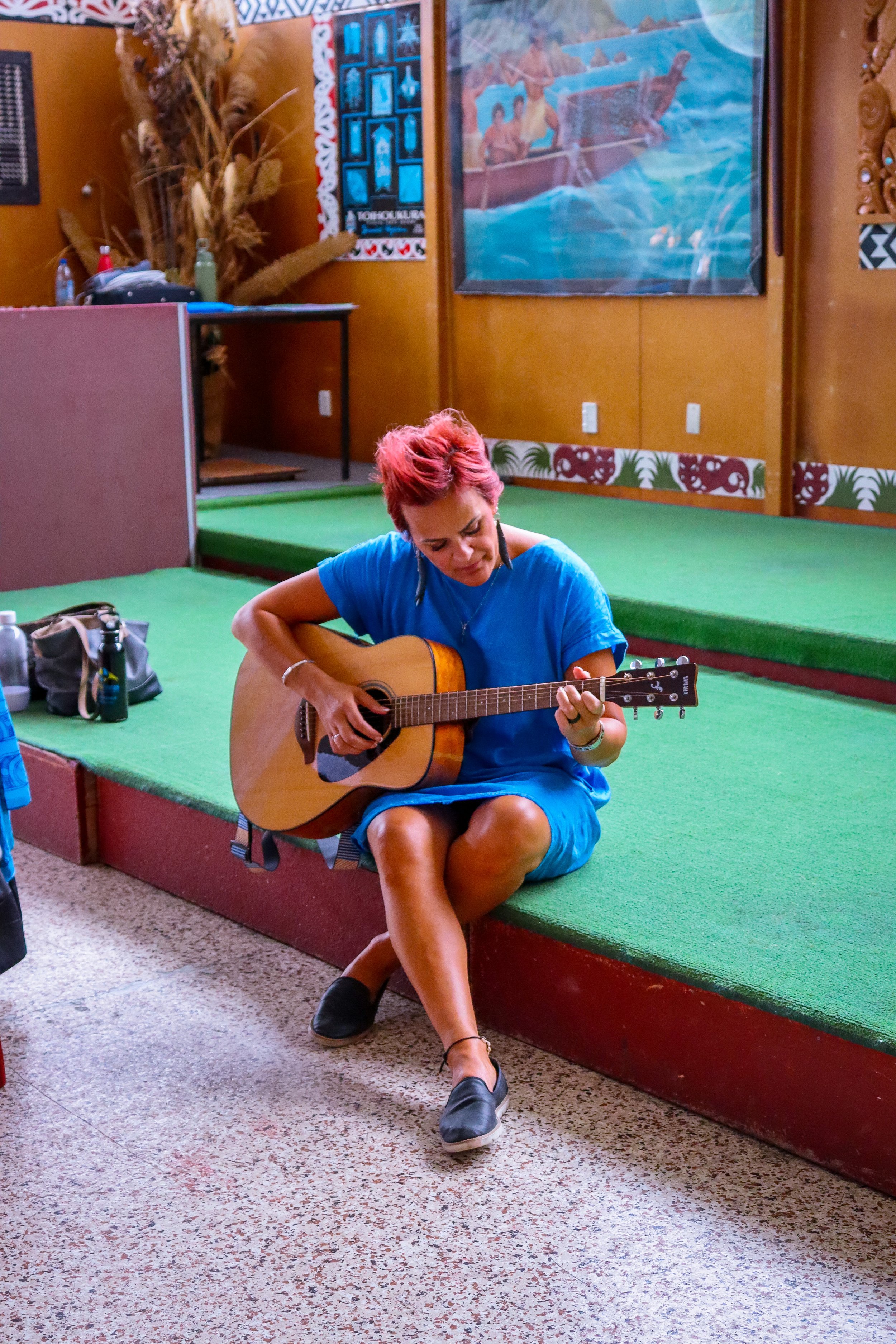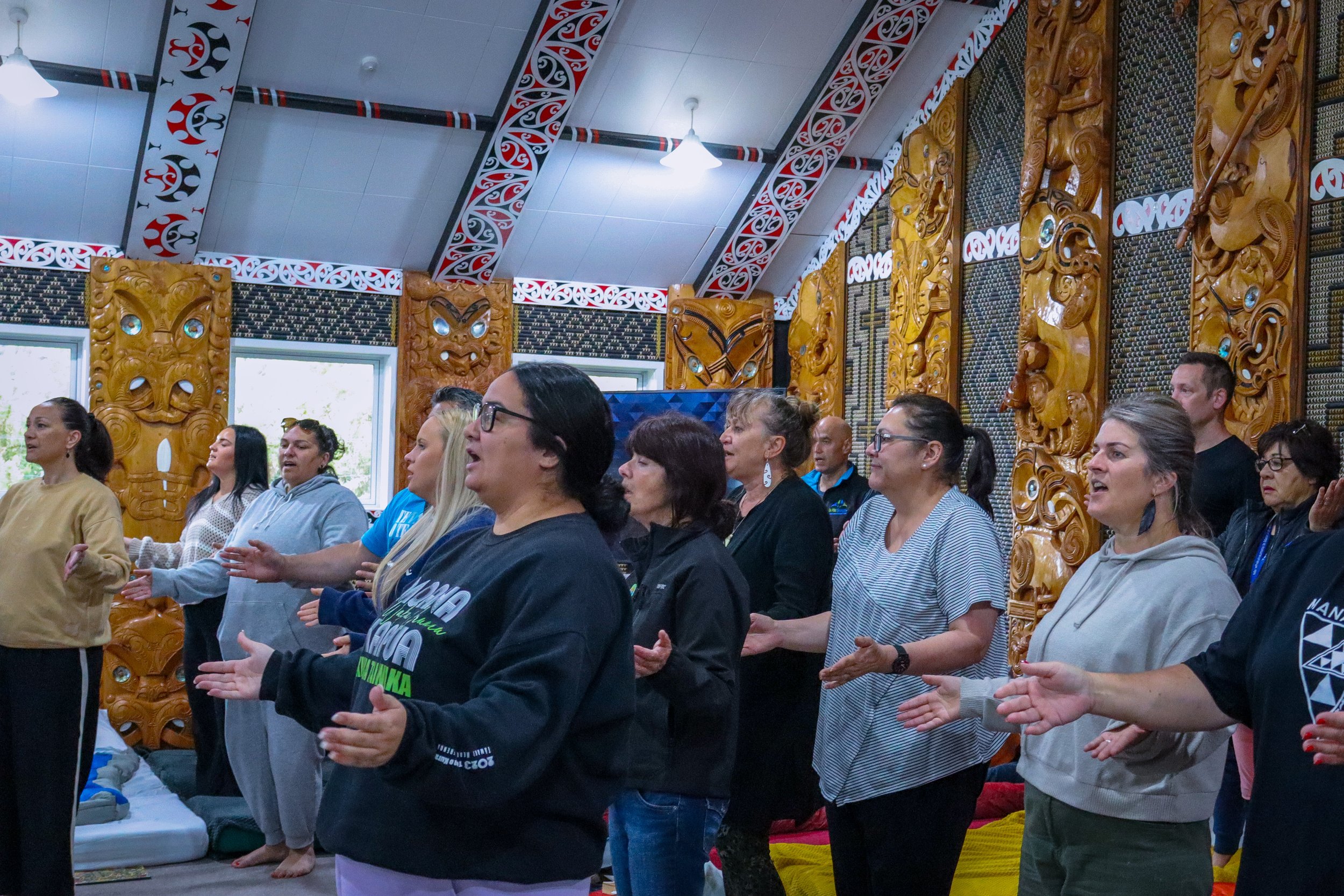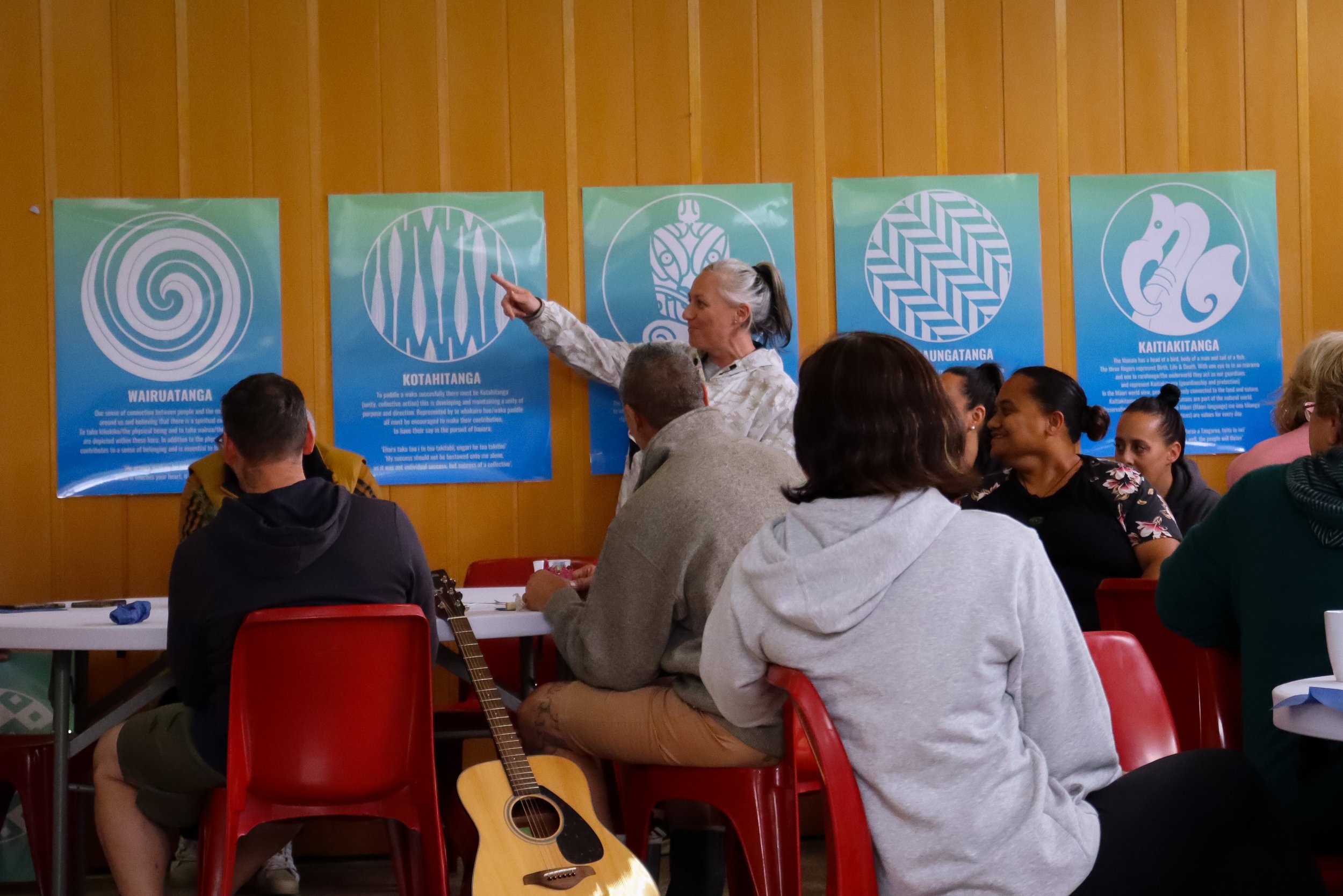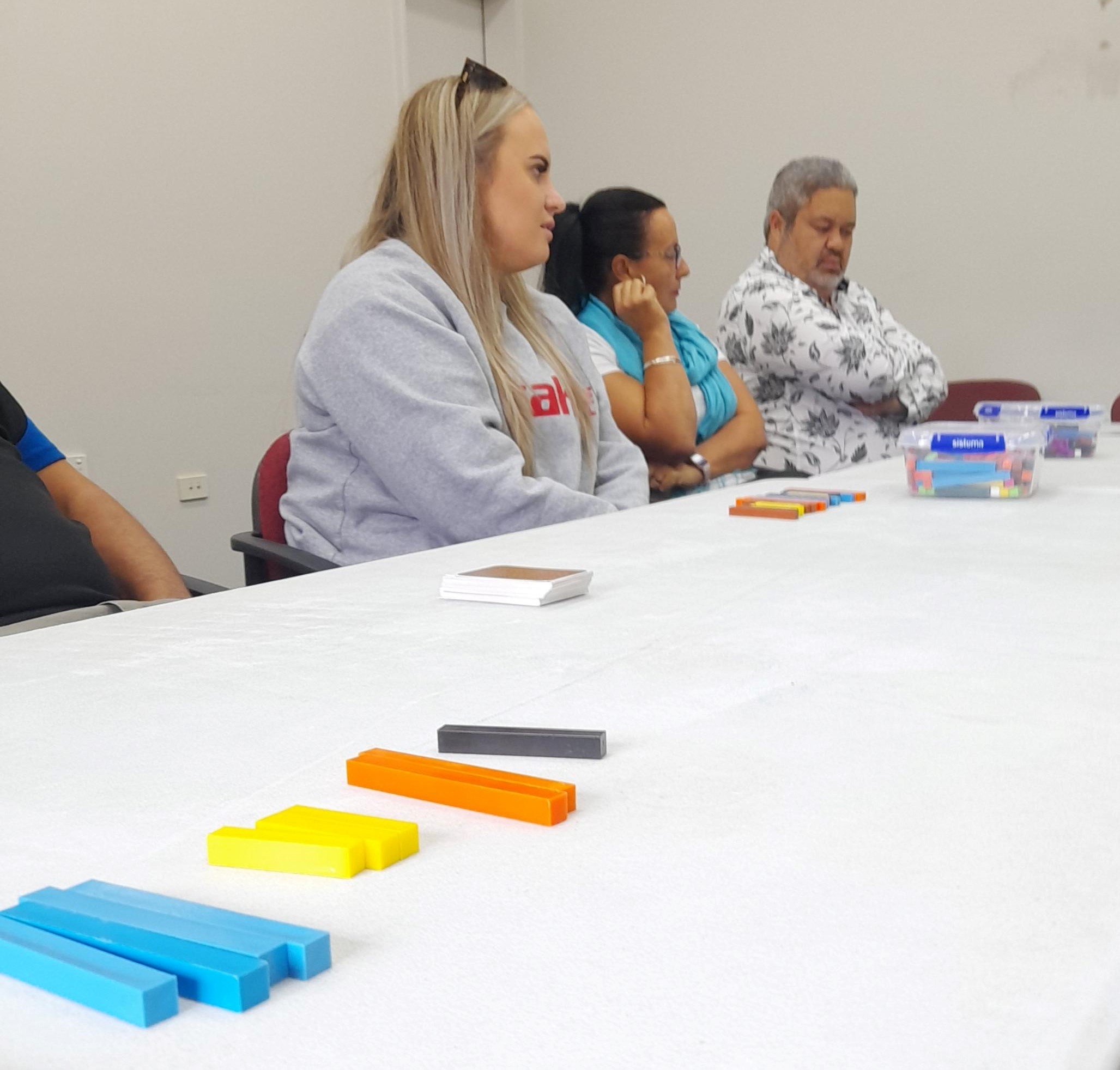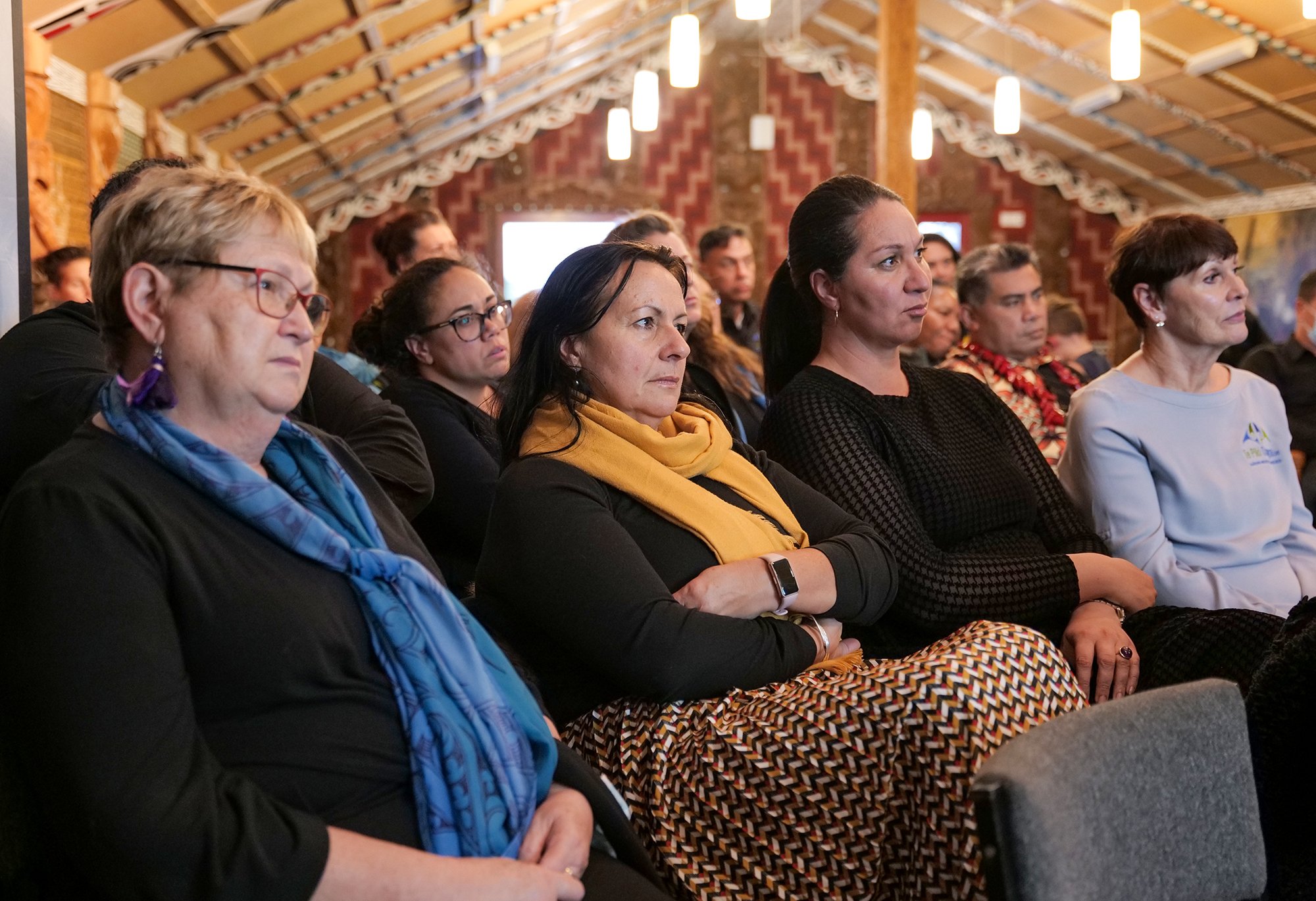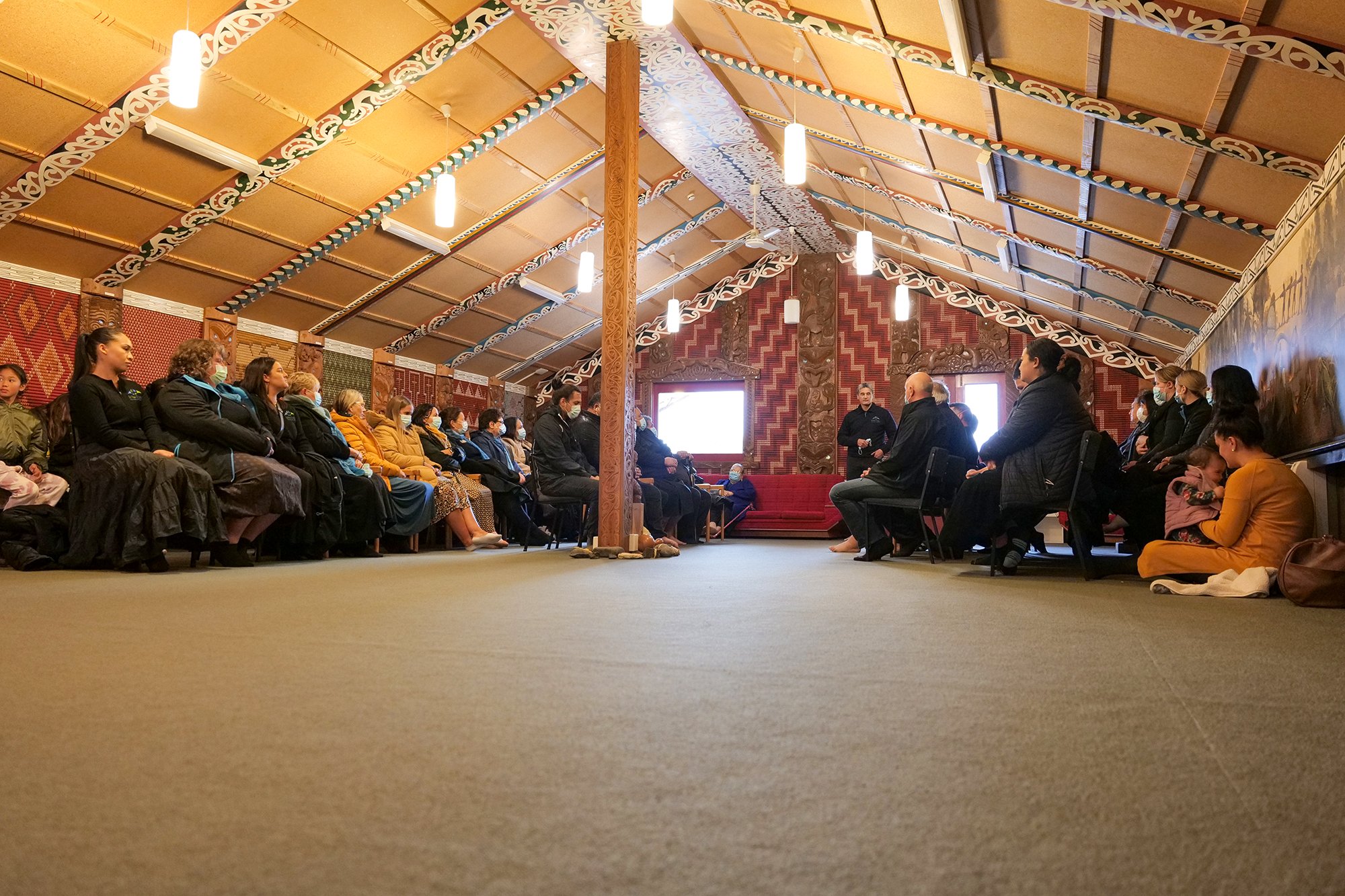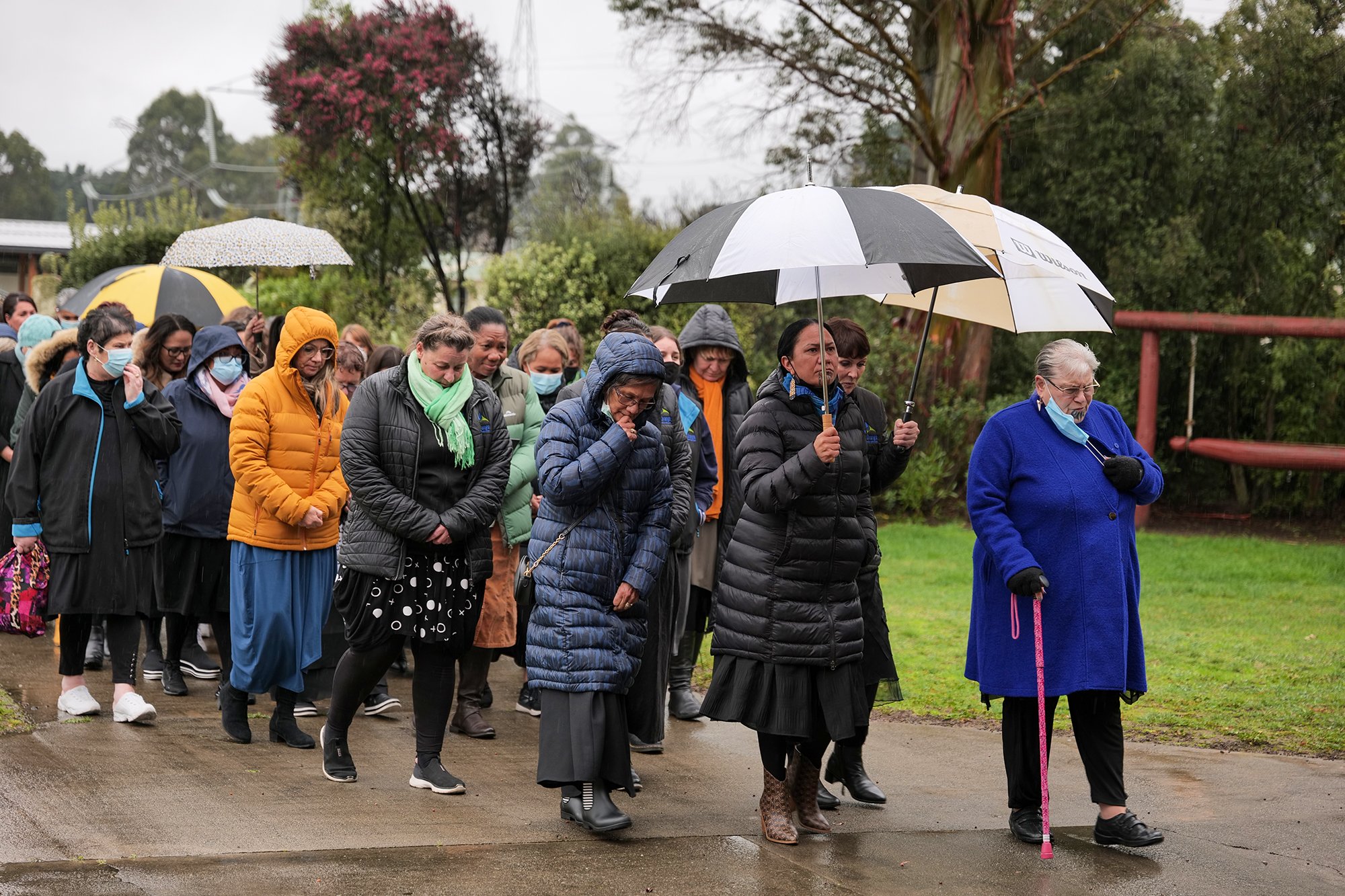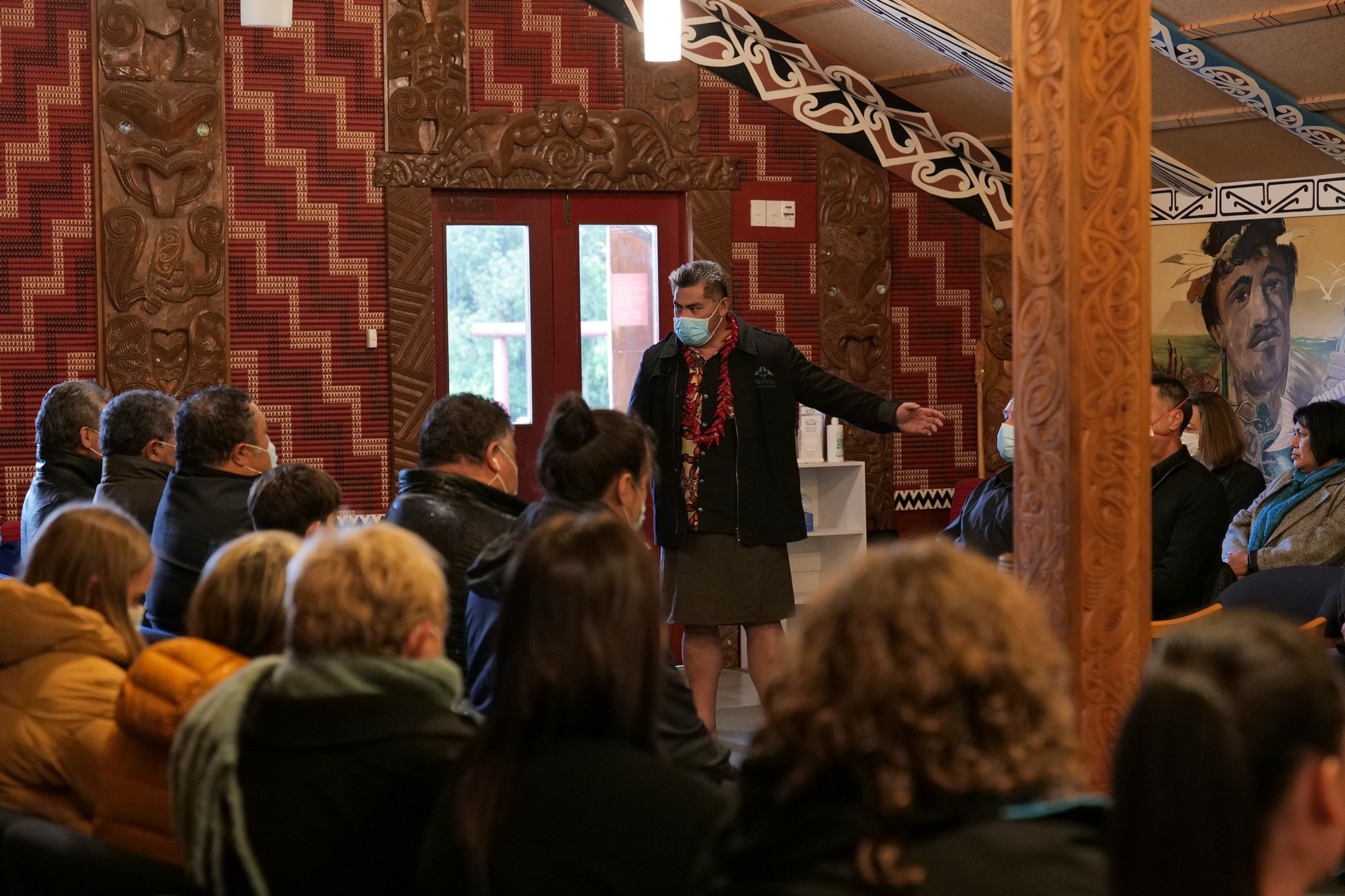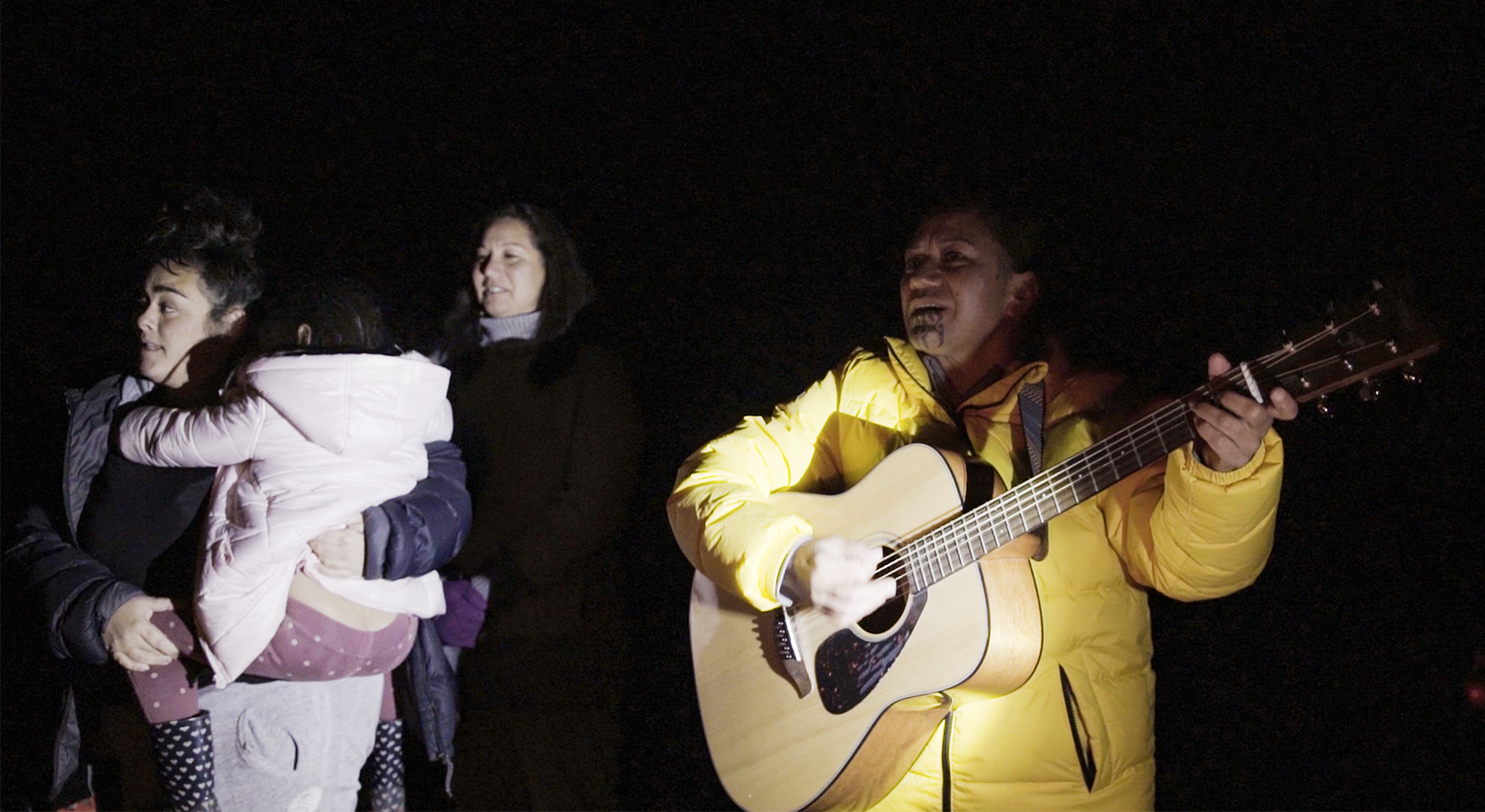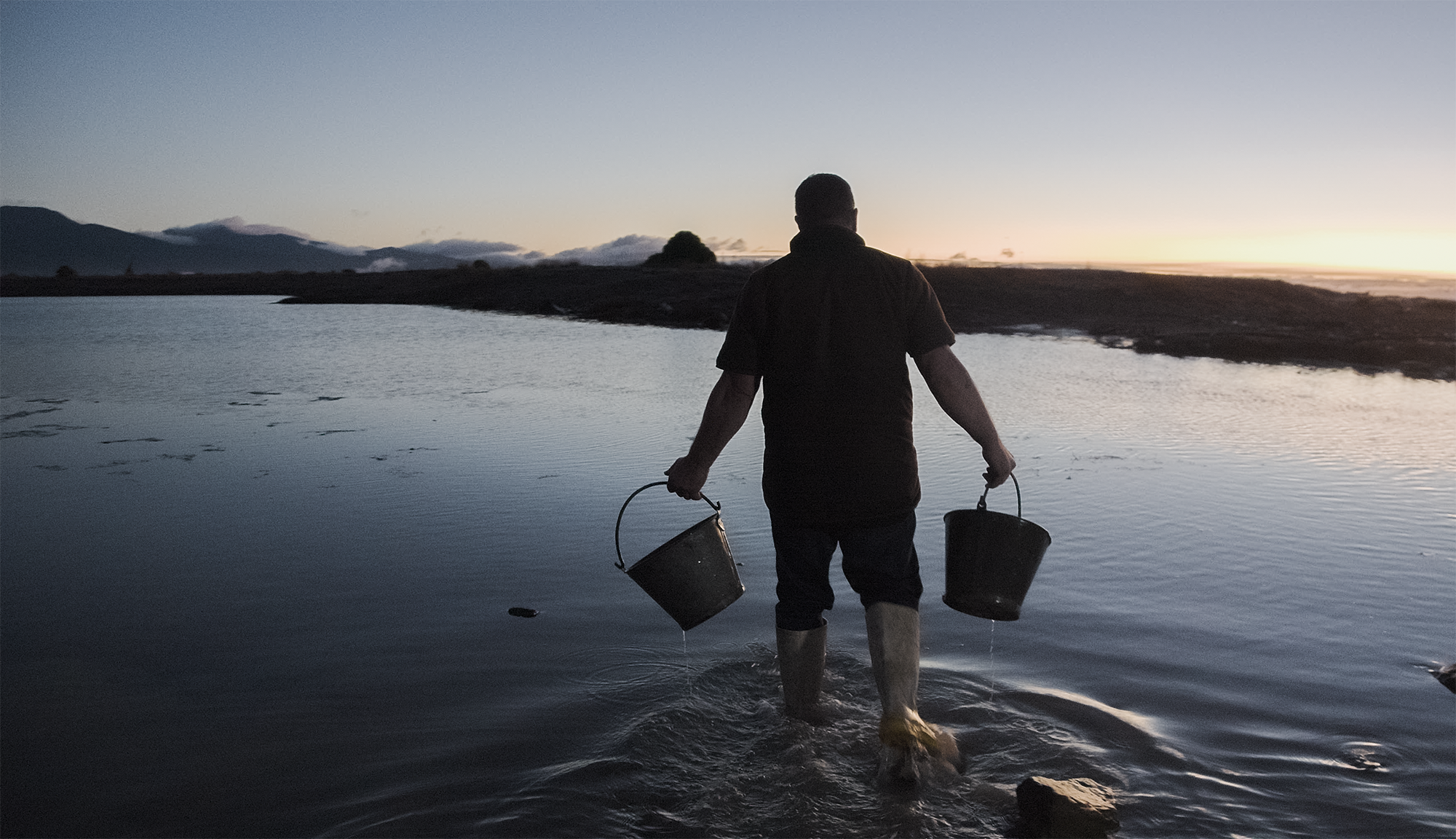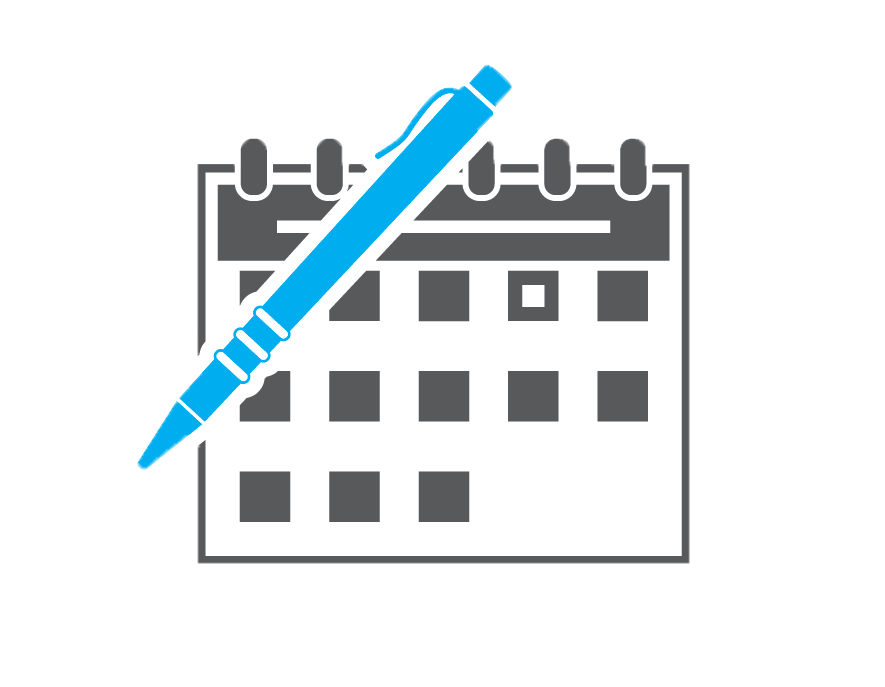By Gaynor Rikihana-Tākao, Pūkenga Kaiwhakahaere ki Motueka
My Te Tauihu story starts when I moved to Motueka in October 2008 to joi my husband and his whānau.
I worked in rest homes and in public health and primary health roles. They paid well and I enjoyed working with the elderly, but these roles were culturally unsatisfying.
This was because I wasn’t working with Māori. I was working mostly with Pākehā – some stunning, but mostly not. This caused me awful health issues and low self-esteem, and those who know me would say that it is hard to bring me down!
During this time, Māori health services in Te Tauihu were amalgamating, causing unhappiness for some. As a rāwaho (outsider) I observed and gave support, where required by ngā iwi kāinga.
Finding my hauora home in Te Piki Oranga
In July 2014 Te Piki Oranga was established, and I was employed soon afterwards in October. Having worked in other Māori health services, I could see we had a long way to go culturally as an organisation. But I also knew that I had found my home in healthcare.
Our Tumuaki was chosen well, in my opinion. I only knew a little bit about Anne Hobby then, but I had faith and was ready to be led forward as a warrior for hauora Māori.
We couldn’t have proven ourselves in that first year-long contract without our Tumuaki, who grew broad shoulders during roles in nursing and in mental healthcare. To this experience Anne brought a strong sense of justice – driven to change those outrageous statistics for Māori health.
Anne was clearly going to make Te Piki Oranga work ‘come hell or high water’ and saw that employing Māori, and people sensitive to our kaupapa, was key to putting ngāi tātou te iwi Māori on the pathway to better health.
Bringing cultural competency to clinical expertise
From the start I planned to make my workplace a Māori space, a safe space culturally for Māori, and for me.
I have loved seeing kaimahi develop with the music, waiata and celebration of things Māori that I have enjoyed bringing into our mahi to complement our clinical training and services.
Cultural competency is key to achieving our whakatakanga me te kitenga – to restore whānau health for a positive future.
Our growth has been staggering, from kaimahi personal growth to the huge increase in the contracts we’ve secured and services we provide.
As we grew, we stayed true to our kaupapa – by Māori for Māori – to the point where we could proudly call ourselves a Kaupapa Māori Wellness Service employing over 75 per cent Māori staff.
I’ve seen kaimahi come and go, and some return. This space is not for the faint-hearted. If you’re looking for the biggest salaries – aroha mai e hoa mā kei wāhi kē.
We have experienced racism, sexism, ageism.
But we’re Māori and we’re tough.
It was tough for our Pākehā kaimahi also sometimes, receiving jibes from their Pakeha peers for working in a Māori organisation. That made me reflect on my experience working in Pākehā organisations – feeling isolated, among people unwilling to understand me and care for me as a Māori person with a rich cultural background I was very willing to share.
Kei te tū tonu mātou a Te Piki Oranga, ka haere ki mua kāore tō mātou mahi e mutu ahakoa te aha. He aha te mea nui o te ao, he tangata, he whānau, he hapū, he iwi.
He aroha mau roa ki a Te Piki Oranga, mauri ora!







